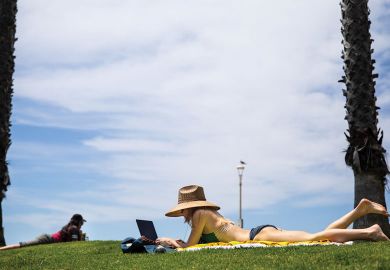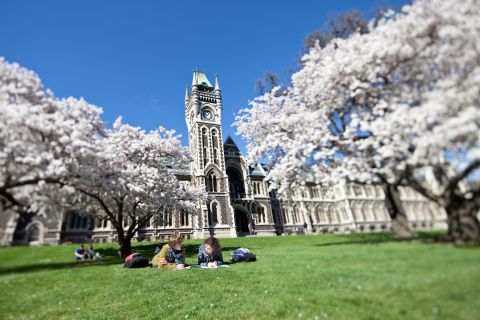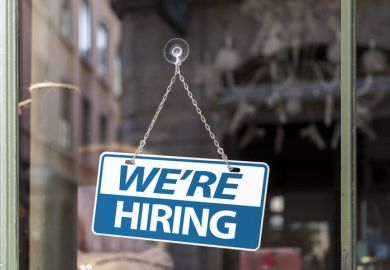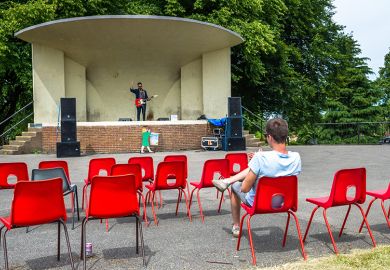Lax oversight and a “high trust model” cultivated a “tacit understanding” that overseas placements were an opportunity for final-year University of Otago medical students to take taxpayer-funded holidays, an independent inquiry has found.
A three-person panel has found no evidence that Otago Medical School staff “encouraged unethical behaviour” by trainee interns during foreign placements. But while employees were “deeply shocked” at 2019 revelations that some students had barely shown up at foreign hospitals where they were booked for three months of work experience, such behaviour had probably been occurring for years.
Acting vice-chancellor Helen Nicholson said the university had commissioned the inquiry after a “small group” of medical students was found not to have met “full attendance expectations”. While 2019 inquiries had initially focused on students from Christchurch, the scandal broadened to encompass almost one-fifth of the graduating cohort across three Otago campuses.
Fifteen interns were initially found to have used fake documents as evidence of the duration of their work placements. Within weeks, these findings had been extended to some 50 of the 264-student cohort.
Sanctions included missing graduation ceremonies, repaying grant funding for international flights and undertaking community service or health research, but offenders were not prevented from taking up job offers. Inadequate attendance at placements did not “directly impact” on clinical competencies and was unlikely to concern the Medical Council, the university insisted.
“The prospect of nearly 20 per cent of a final-year class not graduating had very significant downstream impacts on adequate staffing levels in various district health boards,” the inquiry report adds.
News website Stuff reported that interns had favoured medical centres in Belize, Bosnia and Italy, where they could get their placements signed off by overseas doctors – sometimes for cash – after a few days.
While the panel did not specify the locations associated with the scam, it said one unnamed site had attracted 37 students in 2019 – up from just two in 2016 – and was “a rapidly increasing destination of choice” for students from Christchurch and Wellington.
A staff member had reported that an earlier graduate had admitted not undertaking “any part” of the placement, and that other students had done similar things. A “hidden curriculum” of “informal conversations and culture” appeared to have prevailed for years, with students either exploiting “lenient” rules or planning placements “with the intent” of shirking work and “misrepresenting this in their reports”.
There was no independent assessment of placements and supervisory arrangements; no electronic recording of dates, locations or supervisors; and no system to monitor “potential signals of insufficient attendance”. Wellington and Christchurch students had no post‐placement interviews or debriefing, and Otago offered no financial support or reciprocal arrangements to overseas hosts in developing countries.
“Changes in pedagogical practice and…rules within tertiary education over the past 10 years or so had not been taken into account,” the report says. “It is not simply…a case of these students being ‘bad apples’. The Otago Medical School must…identify and correct shortcomings that facilitated this behaviour.”
The report offers 10 recommendations, including reviewing the programme, focusing it more on the Pacific region and incorporating “formal holiday periods” in the curriculum. Professor Nicholson said Otago accepted the findings and had already made administrative changes. It had also repaid a NZ$156,000 (£79,000) “proportion” of the grant money allocated to trainee interns before 2019.
Register to continue
Why register?
- Registration is free and only takes a moment
- Once registered, you can read 3 articles a month
- Sign up for our newsletter
Subscribe
Or subscribe for unlimited access to:
- Unlimited access to news, views, insights & reviews
- Digital editions
- Digital access to THE’s university and college rankings analysis
Already registered or a current subscriber? Login










